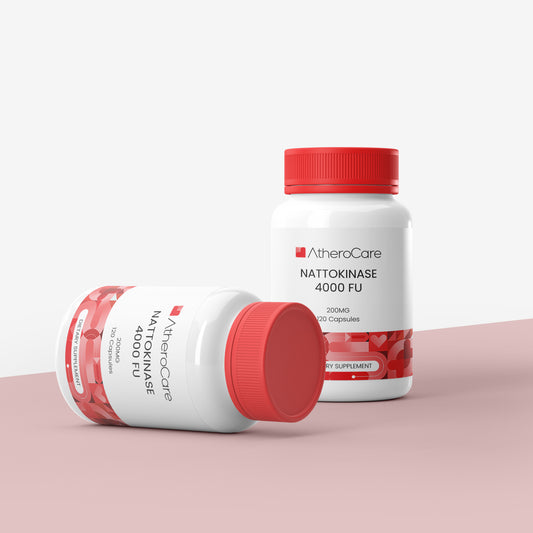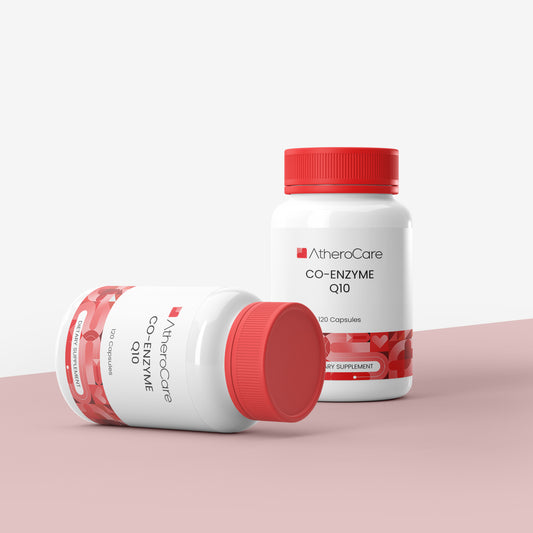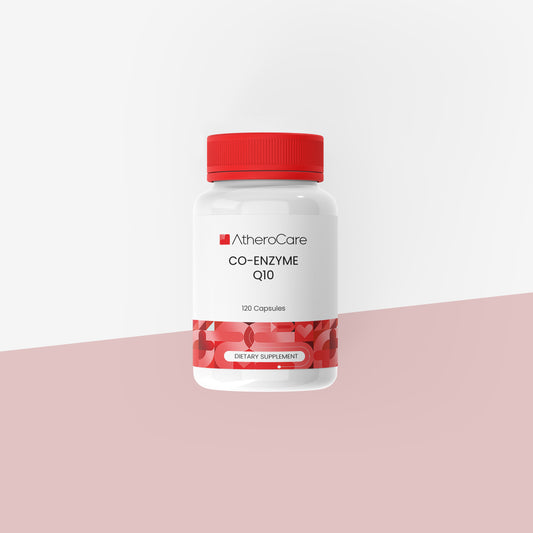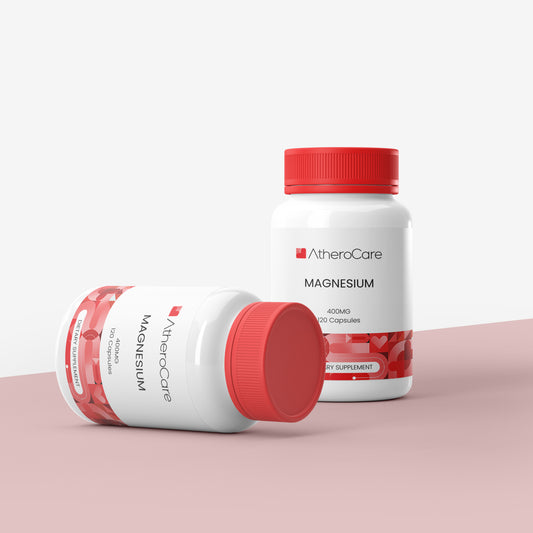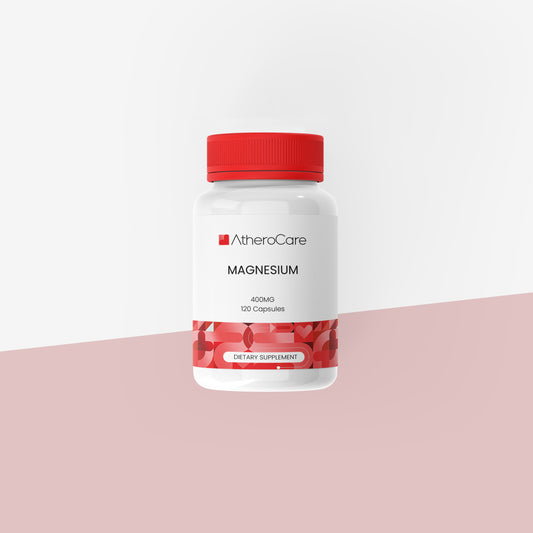Beyond the basics of heart care: Your heart and blood vessels work hard every day, and giving them the right support can make a real difference. Along with a balanced diet, regular activity, and routine health checks, certain nutrients may play a role in keeping your cardiovascular system in good shape. Two vitamins that often don’t get much attention — vitamin D2 and vitamin K3 — are worth knowing about.
Vitamin D2: The sunshine nutrient: Also called ergocalciferol, vitamin D2 helps the body absorb calcium and supports bone strength. But research suggests it may also support cardiovascular health. Maintaining healthy vitamin D levels has been linked with better heart function and circulation. Low vitamin D has been associated with risk factors such as high blood pressure and arterial stiffness. While vitamin D2 is found in fortified foods and certain mushrooms, many people don’t get enough from diet alone. Safe sun exposure and, when appropriate, supplements (as advised by a healthcare professional) can help keep levels balanced.
Vitamin K3: A lesser-known player: Vitamin K3, or menadione, is a synthetic form of vitamin K. While vitamin K is widely known for its role in blood clotting, it also helps regulate calcium — ensuring calcium is directed into bones rather than accumulating in arteries. Most research focuses on vitamin K1 (from leafy greens) and K2 (from fermented foods), but K3 is being studied for its potential role in cardiovascular health. While K3 is not generally recommended as a supplement for the public, its function highlights why vitamin K as a group is so important for maintaining healthy arteries.
How these vitamins fit into heart health: Neither vitamin D2 nor K3 is a cure-all, but both can contribute to a proactive plan for cardiovascular wellbeing. A heart-friendly approach includes:
- Eating a balanced diet rich in vegetables, fruits, whole grains, lean proteins, and healthy fats.
- Staying active most days of the week to strengthen the heart and improve circulation.
- Managing blood pressure and cholesterol levels.
- Avoiding smoking and limiting alcohol intake.
Practical tips for getting enough D and K:
- Vitamin D2: Add fortified plant-based milks, cereals, and mushrooms to meals. Discuss supplementation with your healthcare provider if needed.
- Vitamin K: Include leafy greens like spinach, kale, and broccoli. Fermented foods such as natto and sauerkraut are rich in vitamin K2.
- Stay balanced: Avoid high-dose supplements unless directed by a professional.
The bottom line: Paying attention to vitamins like D2 and K (including the lesser-known K3) can be a valuable part of a proactive heart-health routine. While research is ongoing, maintaining good nutrient levels — combined with healthy lifestyle habits — gives your heart the support it needs for the long run.





